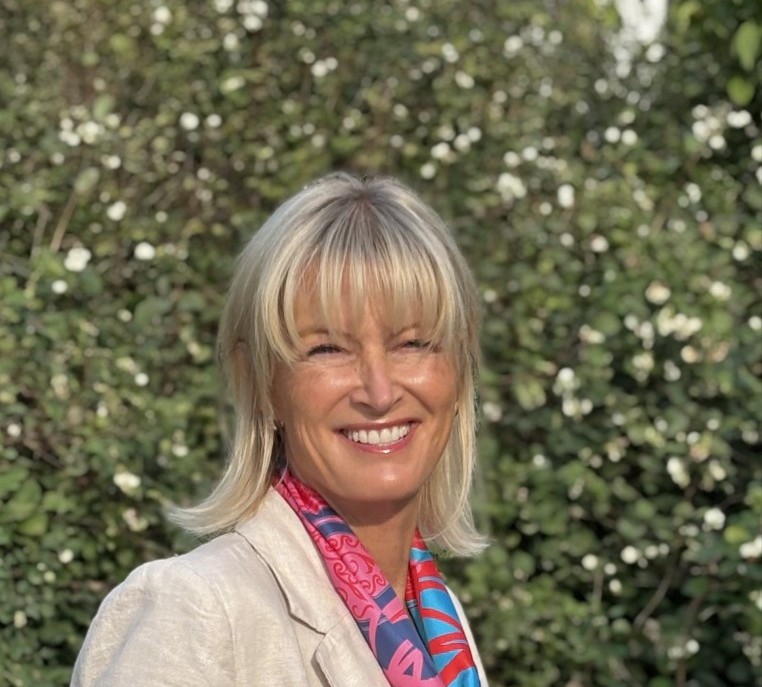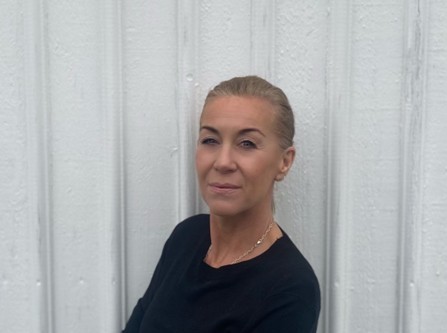Inspirer of the Week - Richard Tejme
This week's inspiration, Richard Tejme, is an investor, board professional, and advisor with several exciting assignments, including Mindler, Myrspoven, and Copture.


This week's inspiration, Richard Tejme, is an investor, board professional, and advisor with several exciting assignments, including Mindler, Myrspoven, and Copture. Copture is a Nordic network of professional pilots and analysts who are currently performing remote analysis with drones, where Richard assists with business development and strategy, among other things.
Richard, can you tell us a little more about Copture's business? Customers, business model, etc.?
Copture is a company that performs remote analysis with drones for industrial clients. The business idea is to improve our customers' decision-making data by delivering data smoothly in the format the customer wants without disrupting existing processes.
Currently, we primarily work within the forestry industry. For example, last year we surveyed 50,000 hectares of forest for one of the largest forestry companies in the Nordics to identify and map spruce bark beetle infestations. In addition to the data collection itself, we have forestry-trained interpreters who analyze the images, and the final result is a detailed damage analysis that is exported to the customer's business system.
Other examples of assignments within the forestry industry include surveying newly planted forests, thinning analyses, and wildlife surveys.
The need for drones has accelerated in recent years as the technology has matured and legislation has been put in place. What future applications do you see for drones?
As you say, a lot is happening now in the drone industry, as both today's hardware and software offer opportunities that have not previously existed. The image quality of today's drone cameras is fantastic, and in addition to high-resolution images, we also use thermal cameras and LIDAR technology. We also collaborate with several AI companies that automate the image analysis itself.
More and more companies are using drone technology to streamline and improve their processes. One example is the inspection of power lines, which was previously done by helicopter. This is now being replaced with drones, which, in addition to lower costs and higher image quality, is also more environmentally friendly and less disruptive to people and wildlife.
Other assignments we have include inspection of telecom masts and solar parks.
Based on your experience as an advisor, can you give some concrete advice to entrepreneurs in startup companies?
A good business idea is the foundation, but it is the implementation that determines which startups succeed. Therefore, the composition of the team is incredibly important. Make sure to have different skills and backgrounds among the founders, and try to identify the skills gaps and fill them with the help of advisors and board members.
When I have worked with companies in different industries, there are certain problems and themes that almost always recur. To name two:
Focus, focus, focus. Starting a company is a lot about choosing what not to do. Entrepreneurs are fantastic at seeing opportunities, but a common reason why companies don't take off or even fail is that they try to do too many things at once. Identify the product/service you believe in most and focus on developing it. If that doesn't work, rethink, make a pivot, and focus on the new idea.
What do the different founders want with the company in the long term, and is this aligned with the board and investors? Sooner or later, there will be friction between the company's various stakeholders, and it is virtually inevitable. But by having a serious discussion early in the process and preferably documenting it, you can avoid a lot of future pain and capital destruction.
Contact
What challenges are you facing today? - We would love to hear from you!





